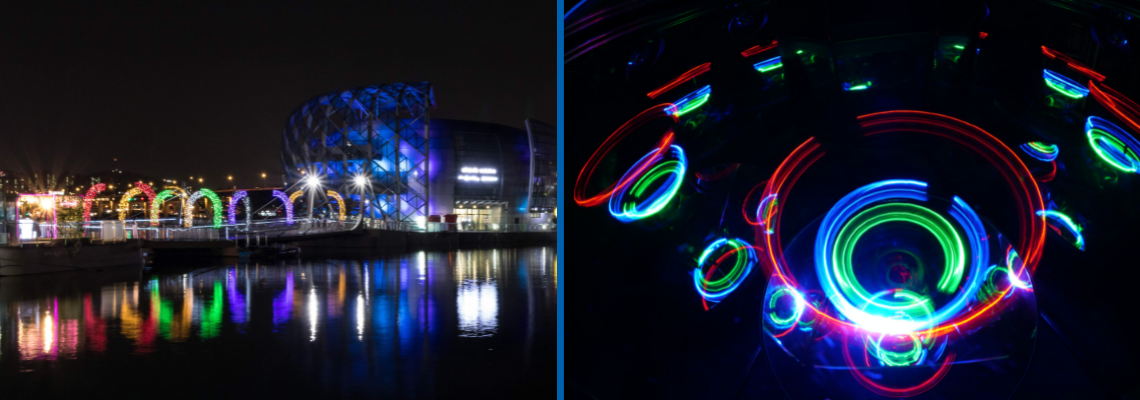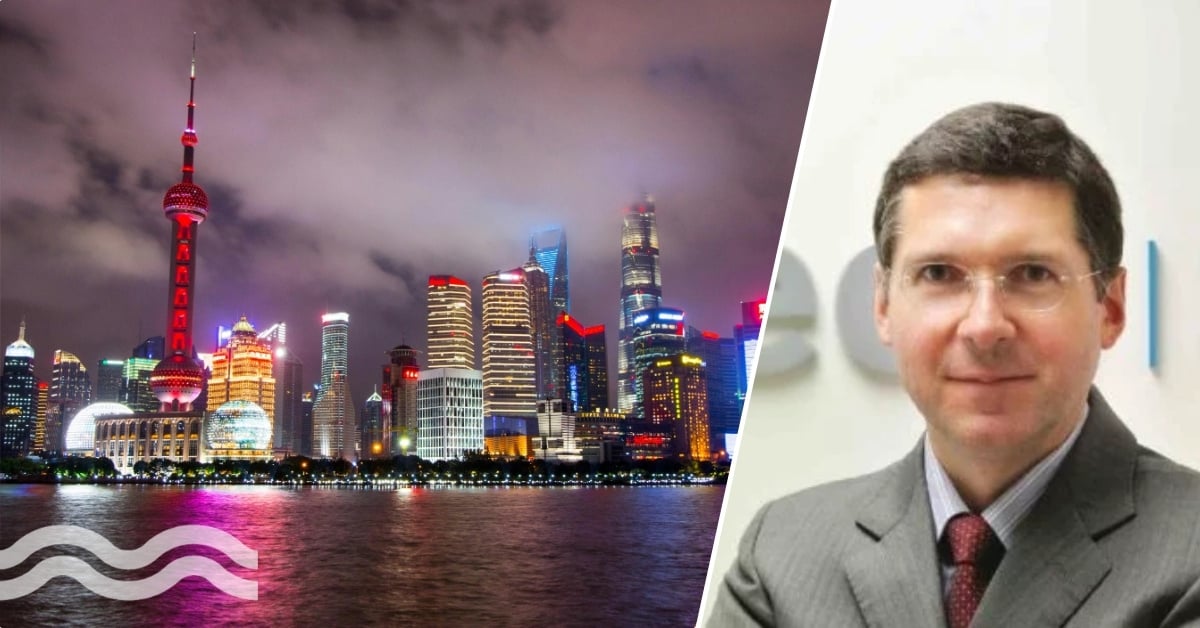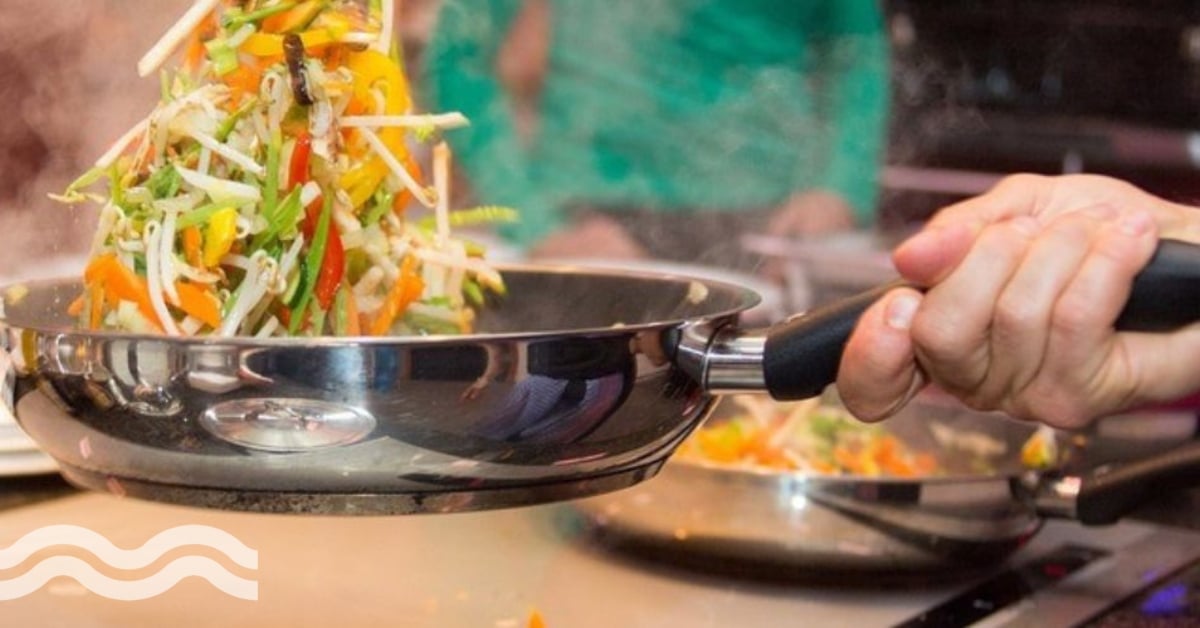Using quantum lasers to measure microplastics

KWR Water Research Institute has developed a new approach to identify microplastics using quantum lasers.
Quantumania
The new process involves using a quantum cascade laser (LDIR) to record the infrared spectrums of various polymeric particles.
The machine learning paper was published by KWR researchers Xin Tian, Frederic Béen and Patrick Bauerlein in the scientific journal Environmental Research, with the research presented at the Micropol & Ecohazard Conference.
Microplastics are fast becoming a hot topic in both the water and environmental sectors.
As a result, there has been a need for rapid accurate detection and identification of microplastics including polymers, despite their degradation in the environment. This is because degradation can have a significant effect on the infrared spectra of the microplastics and can obstruct the identification process.
This is where LDIR comes in. KWR was able to use LDIR to record the infrared spectra of various polymeric particles - 81,291 individual particles – to be precise.
By using a combination of pristine and weathered particles, two supervised machine learning models, Subspace k-Nearest Neighbor (Sub-kNN) and Boosted Decision Tree (BDT), were trained to recognise the spectrum characteristics of labelled particles and then used to identify unlabelled samples.
This resulted in an identification accuracy of 89.7 per cent and 77.1 per cent using 10-fold cross-validation, according to KWR.
About 90 per cent of the samples could be identified using either the Sub-kNN or BDT models.
Successively, a non-supervised machine learning model, Density-based Spatial Clustering of Applications with Noise (DBSCAN), was able to cluster samples which could not be labelled from the supervised models.
This enabled the detection of additional subgroups of microplastics. The research won the award for the best platform presentation during the Micropol & Ecohazard Conference.
Award winning solution, more to come
As a result of growing plastic pollution and health concerns, microplastic research is a quickly developing scientific field.
The Micropol 2022 conference is part of the IWA Specialist Group conference series on “Assessment and Control of Hazardous Substances in Water”.
Its aim is to increase the discussion about the state of the art in scientific development and technical solutions concerning the emission, treatment, and effects of emerging pollutants.
While KWR’s research will still need input from experts in the sector, the organisation says its proposed method will lead to a major reduction in the effort needed by using the combined supervised and unsupervised learning models.
What this does mean is that soon, the use of these techniques – deep neural networks – could boost the identification of polymers and microplastics.
Other topics discussed at the conference included other methods to help boost resilience, including treatment at source, monitoring and analysis, fate and behaviour during wastewater and sludge treatment, environmental and risk assessment, monitoring and control, and prioritisation/regulation and public acceptance.
Innovations to the rescue?
Microplastics continues to be one area and challenge the water sector is investigating, with novel solutions emerging at the R&D stage.
Three engineers from the Massachusetts Institute of Technology (MIT) have turned to soap as an unusual method of removing micropollutants from water.
Meanwhile, German non-profit start-up Water 3.0 has developed hybrid silica gels that uses a physicochemical process to bind microplastic particles to their surface creating plastic popcorn.
At the UK marina located at the Plymouth Marine Laboratory, a group of mussels are hard at work removing microplastics.
Working as a water filter, mussels can suck bacteria, algae, and other items from their surroundings, including microplastics, out of the water and into their gills.


